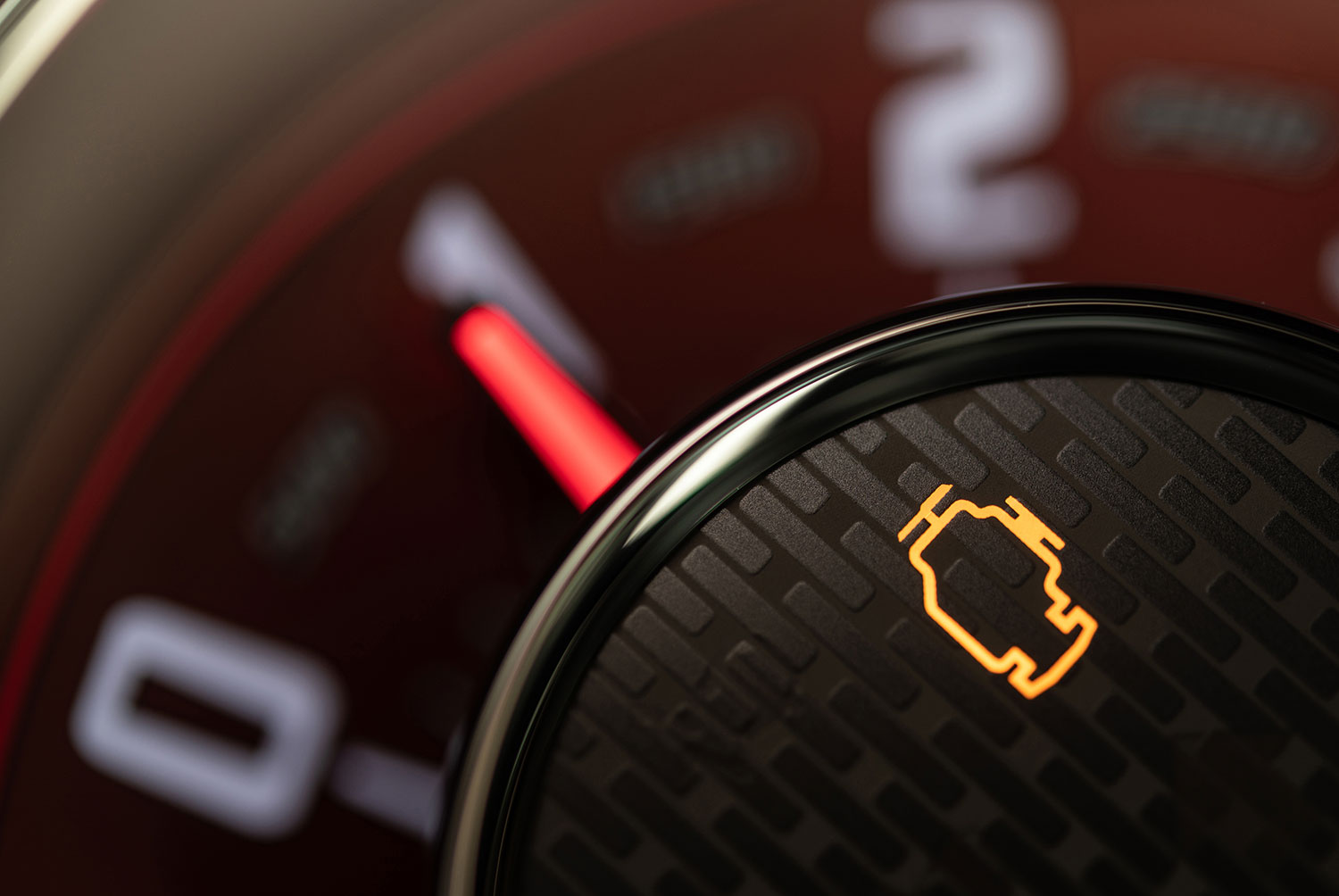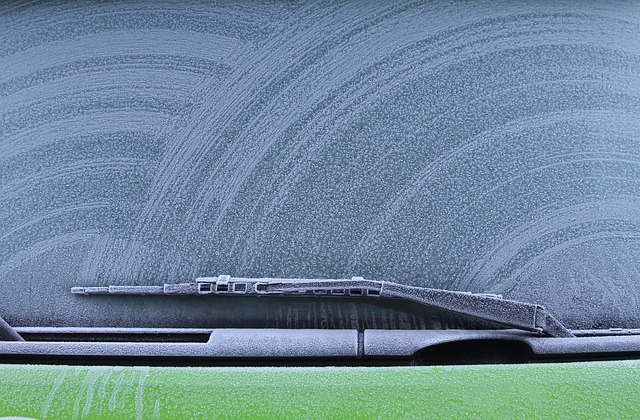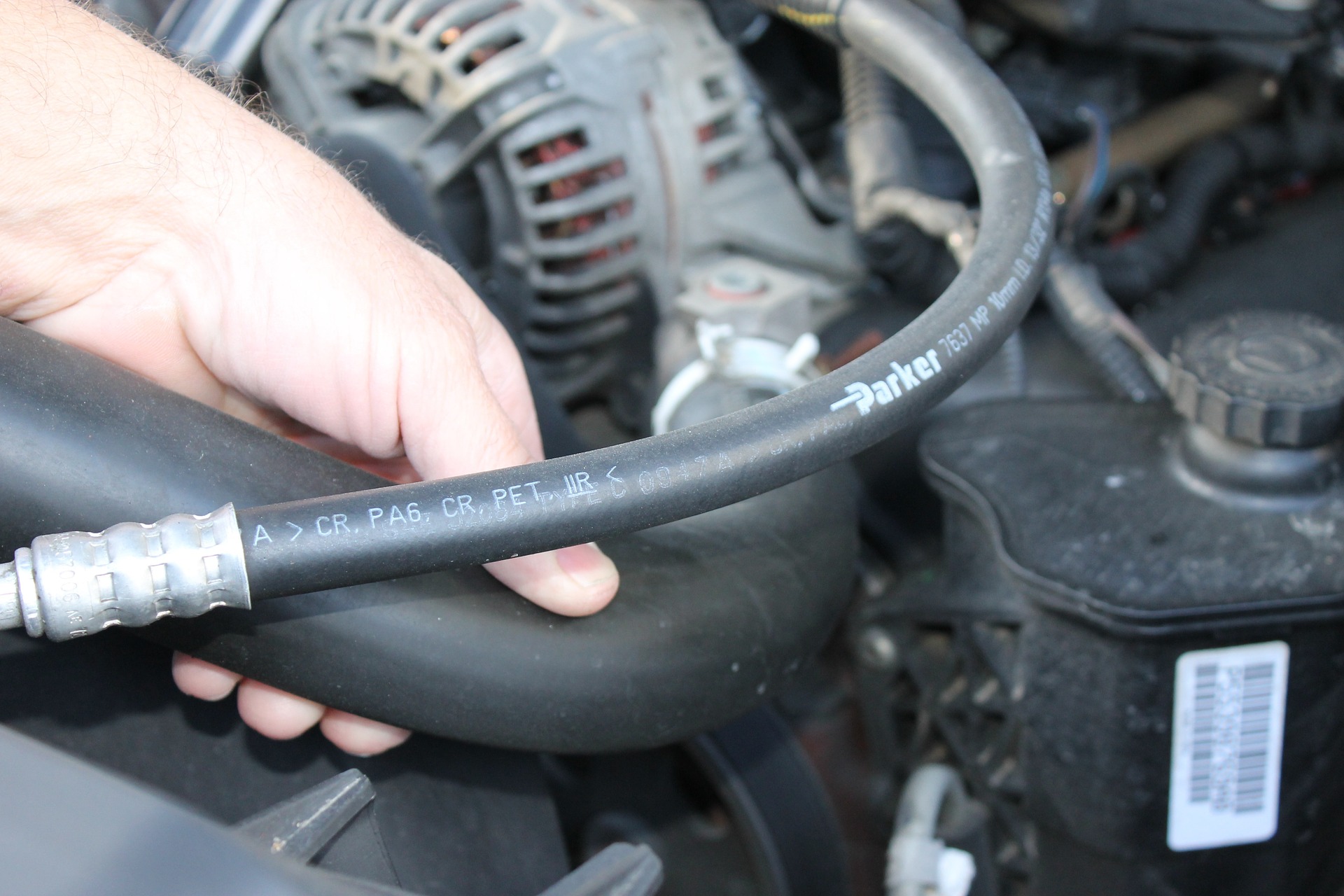
Your check engine light may come on for a variety of reasons, but it’s never a good idea to ignore it.

Your check engine light may come on for a variety of reasons, but it’s never a good idea to ignore it.

When the weather gets cold, the last thing you want is a dead car battery. Here are some tips to keep it running better during winter.

Find a mechanic you can trust so you don’t ever have to questions “unnecessary repairs” and end up with a more costly repair.

At Automotive Revival, we LOVE giving the Pre-Purchase Eyeball to any car someone is considering buying.

And yes, snow, or at least all-season tires, are a great thing to have during the frosty months of winter. It doesn’t matter how well your car runs if you can’t keep it on the road, eh? And if you plan on taking a trip to or through the mountains, they’re now required in Colorado.

Having your car spend a little time with us now for a pre- roadtrip inspection could help prevent it spending a lot of time stranded on the roadside later.

Power steering is one system on your car you don’t want to neglect. Regular maintenance can save you costly repairs in the future.

Cold weather is often fingered as the culprit when car batteries die, but actually warm temperatures do the most damage to them.


What in the world? I’ll explain: It’s your engine’s cooling system that provides heat to the interior. Sounds odd, but it’s true. So have your cooling system checked to see if it’s up to the task.
This needs to be checked and replaced as necessary, because if it’s clogged or “packed up” it will inhibit the air flow to the interior. This is something that is typically checked during an oil change, so be sure to ask about it.
Type, condition, and the correct PSI are all necessary for a safer ride. If you don’t have the ability to switch to snow tires in the winter, there are some great all-weather tires that can keep you safe year round.

Heavy-duty blades are available for improved snow removal and visibility. Remember, it’s a lot easier to stay safe on the roads if you can actually see them.
Does it work? Now would be a great time to find out, because while having a good ice scraper is nice, they could use a little help. Plus, the defrost grid will help keep your windows clear on those frigid winter mornings.
Living in Denver is fairy easy on cars, but a winter trip up to the mountains could be full of surprises. In addition to the above checkpoints, a roadside emergency kit is a great idea and is available at many area retailers.

 The gang at Automotive Revival wants to hit the road as much as anyone this summer, but before we do, let’s take a peek at some important areas of concern before we load up and hit the gas. Remember, preventative maintenance is always key.
The gang at Automotive Revival wants to hit the road as much as anyone this summer, but before we do, let’s take a peek at some important areas of concern before we load up and hit the gas. Remember, preventative maintenance is always key.
Engine Health – To check for a tuneup and general condition of the engine – filters, spark plugs, wires, etc.
Battery – How it looks is important, as its posts and hold down bracket can become corroded. Also as most car batteries in this climate last for about five years, a load test is a great idea.
Cooling System – A vehicle can struggle to keep cool on a hot day, so it’s necessary to visually check components, belts, hoses, and test the coolant for its health. A cooling system should be flushed out and refilled every 24 months.
AC System – To insure it maintains optimum temperature on demand, we offer a visual inspection as well as a pressure test on its refrigerant system.
There are many other points of concern, such as the braking system and suspension, but with every oil change, Automotive Revival offers a free multi-point inspection to every customer.
Please give us a call today at 720.331.2776 to schedule an appointment for a thorough checkup before you hit the road!

At Automotive Revival, we have discovered that adhering to a regularly scheduled plan is a good thing. Especially if you want your car to behave. So we’ve declared April to be Regularly Scheduled Maintenance Month!
Yeah, we are definitely an exciting bunch.
A car’s life is measured out in miles, and in most cases, there will be an owner’s manual in its glove box. (We promise it’s there, under the pack of gum and stack of Chinese takeout menus.) This little book is going to have, among other things, a list of items recommended to be serviced at certain mileage checkpoints, typically 25,000, 50,000, etc.
These points include, but are not limited to, fluids, brakes, timing belts, and other components and systems that can wear down — and they depend on us to them in good shape.
Nothing lasts forever, but the life of the vehicle can definitely be prolonged by checking and servicing these checkpoints. And here at Automotive Revival, our goal is to help you keep your car running happy as long as possible.
Please give us a call at 720-331-2776 to schedule an appointment.
Thank You and Happy Motoring!

Let’s start with oil types: The two major players are petroleum-based (or dino), and fully synthetic (or full-syn), like space-age polymers. Dino is for the everyday sort of car, like a 2005 Outback, while fully synthetic is required in performance-oriented vehicles, especially ones with superchargers or turbos. And for that matter, one can substitute full-syn in any vehicle but cannot use dino in a little turbocharged Saab.
Now, the frequency for changing your oil depends on how you drive. For example, lot of city driving with frequent stops and short distances will allow the oil to become more contaminated with dirt and moisture, breaking it down and clogging the filter as well. This will shorten the engine’s life, so you should change your oil more frequently than someone who mostly drives longer distances with less stops.
So what oil type should you use and how often should you change it? Automotive Revival’s advice is to follow your car manufacturer’s recommendations as long as your vehicle is under warranty. Be sure to keep records and use the best oil filter that you can get. And after your vehicle’s warranty has expired, 5000 miles between oil changes for fully-synthetic, and 3000-4000 for most others should do the job. Again, this depends on how you drive, so if you have any questions about how often you should come in for an oil change, please ask us and we’d be happy to help you keep your car healthy. And keep using those best filters.
Though some may cry overkill, it is better than ignoring it and ruining your motor. If one is going to overspend on vehicle maintenance, frequent oil changes would be the place to start. And since we also check other fluids and things like tire pressure, it’s just one more chance to be sure that everything on your car is in good working order. Because an ounce of prevention is a lot cheaper than a pound of cure.
Thanks for hearing us out, and if you have any questions, concerns, or to schedule an appointment, please call us at 720-331-2776.